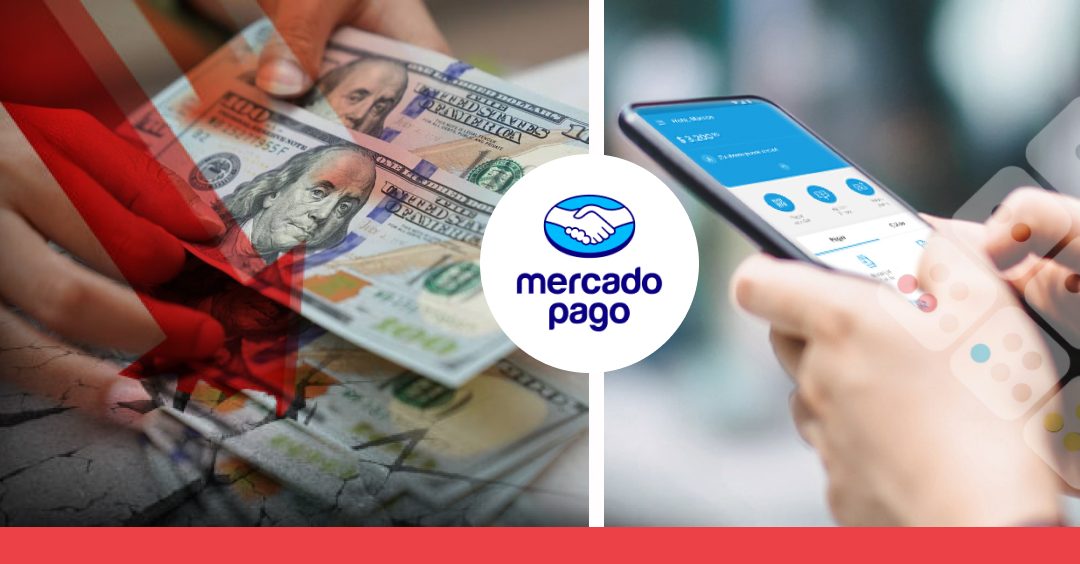Remittances to Latin America hit US$145 billion in 2022, and it’s no surprise a market that big is brimming with participants. But with increasing numbers of companies entering the sector and...

.

Remittances to Latin America hit US$145 billion in 2022, and it’s no surprise a market that big is brimming with participants. But with increasing numbers of companies entering the sector and...
From the rapid ascent of instant payments to the lackluster growth of Rappi credit cards,...
Nearshoring and fintech: Stripe opens operations center in Mexico Digital payments...
Nubank’s success in winning a chunk of Mexico's credit card market has not gone unnoticed...
NOTAS ANTIGUAS
This week saw a spike in layoffs, with Nubank, Belvo and Provu announcing job cuts....
The migrant population in Latin America is in increasing need of attention from the financial...
In an increasingly globalized world and with more people traveling and working from different...
Neobanks and lending fintechs are facing a growing number of obstacles to achieve profitable...
Discussion around cloud-based financial services has been around a long time, but executives at...
Two more traditional Latin American banks are seeking a slice of the digital banking market....
As in Latin America, the low levels of financial inclusion, coupled with the increasing...
There are a handful of clear contenders in Latin America’s fintech race and among them is...
When iupana began to pay tribute to Disruptors three years ago, there were just a handful...